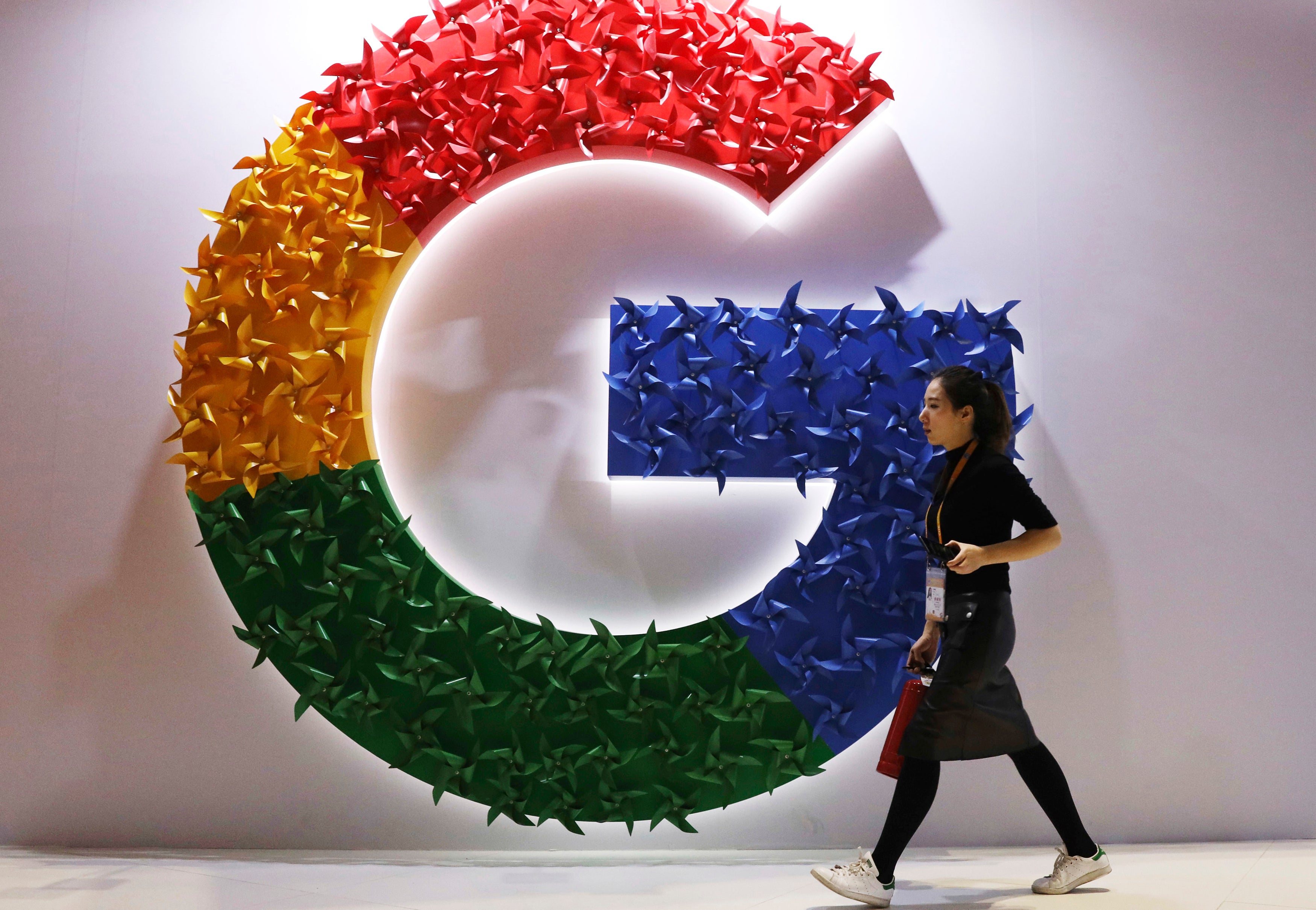Google makes abrupt U-turn by dropping plan to remove ad-tracking cookies on Chrome browser
Google is dropping plans to eliminate cookies from its Chrome web browser, making a sudden U-turn on four years of work to phase out the technology that tracks users for ad purposes

Your support helps us to tell the story
From reproductive rights to climate change to Big Tech, The Independent is on the ground when the story is developing. Whether it's investigating the financials of Elon Musk's pro-Trump PAC or producing our latest documentary, 'The A Word', which shines a light on the American women fighting for reproductive rights, we know how important it is to parse out the facts from the messaging.
At such a critical moment in US history, we need reporters on the ground. Your donation allows us to keep sending journalists to speak to both sides of the story.
The Independent is trusted by Americans across the entire political spectrum. And unlike many other quality news outlets, we choose not to lock Americans out of our reporting and analysis with paywalls. We believe quality journalism should be available to everyone, paid for by those who can afford it.
Your support makes all the difference.Google is dropping plans to eliminate cookies from its Chrome web browser, making a sudden U-turn on four years of work to phase out a technology that helps businesses tracks users online.
The company had been working on retiring third-party cookies, which are snippets of code that log user information, as part of an effort to overhaul user privacy options on Chrome. But the proposal, also known as Privacy Sandbox, had instilled fears in the online advertising industry that any replacement technology would leave even less room for online ad rivals.
In a blog post on Monday, Google said it decided to abandon the plan after considering the impact of the changes on publishers, advertisers and “everyone involved in online advertising.”
The U.K.'s primary competition regulator, which has been involved in oversight of the Privacy Sandbox project, said Google will, instead, give users the option to block or allow third-party cookies on the browser.
Google will “introduce a new experience in Chrome that lets people make an informed choice that applies across their web browsing, and they’d be able to adjust that choice at any time,” Anthony Chavez, vice president of Privacy Sandbox, said in the post. “We’re discussing this new path with regulators, and will engage with the industry as we roll this out.”
Advertisers use cookies to target ads to web users but privacy campaigners say they can be used to track users across the internet.
Google first proposed scrapping cookies in 2020, but the deadline for finishing the work had slipped a few times. Chrome is the world’s dominant web browser, and many others like Microsoft’s Edge are based on the company's Chromium technology.